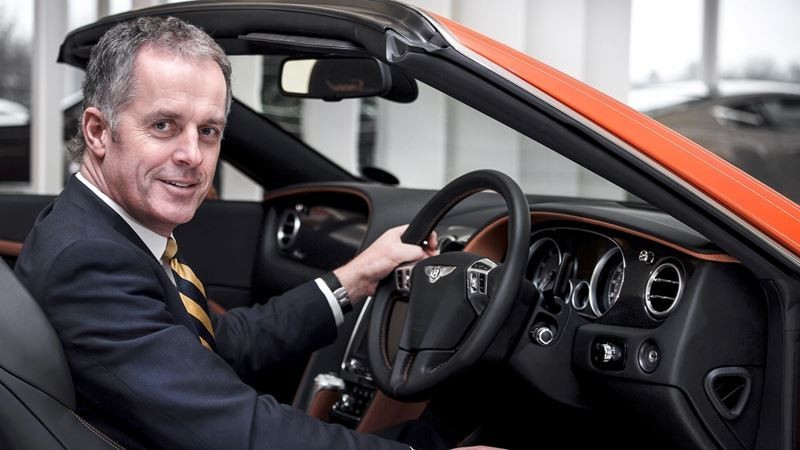Lancashire’s automotive sector is heading for the fast lane, driven by the county’s engineering expertise and a new wave of powerful innovation.
Northern Automotive Alliance (NAA) chief executive Paul Jones says Lancashire is taking advantage of the journey towards electrification, carbon reducing initiatives and the focus on ensuring robust supply chains post-Brexit and Covid.
That roadmap towards electric vehicles is creating new green supply chains, with Lancashire businesses at the forefront of initiatives in areas such as hydrogen power and battery technology.
A third of the membership of the NAA, which is headquartered in South Ribble, is made up of Lancashire businesses – an indication of the importance of the sector to the county and the wider North West.
These 33 businesses operate in all parts of the sector and range from full vehicle manufacturers like Leyland Trucks to specialist carbonfibre producer Carr Reinforcements, based in Burnley.
There are Tier One operations here as well. Sanko Gosei in Skelmersdale is a global manufacturer of world class injection moulded components, primarily operating in the automotive sector, E&R, which rebranded from Emerson and Renwick, based in Accrington, is another leading innovator. Last summer the manufacturing equipment specialist announced it had joined a consortium of seven UK-based organisations coming together to develop world-leading prototype solid-state battery technology, targeting automotive applications.
Paul, who has more than 30 years’ automotive industry experience, including 12 years with Leyland Trucks’ parent company Paccar and almost two decades with Bentley Motors, sees a bright future for the North West and the county as a result of the changing landscape.
He says: “Lancashire is home to a whole range of automotive companies and the sector is a major employer. The impact of Brexit and then Covid has seen a growing focus on supply chain security, with moves to have suppliers closer to home. That also has a positive impact on the carbon footprints of businesses making their journeys to net zero.
“We’re also seeing a lot of impressive work in the development of the future ‘green’ supply chains we will need in areas such as battery technology and hydrogen power. Lancashire has some great opportunities ahead of it.”
Paul says the new AMRC North West in Samlesbury can also help drive the automotive sector forward and points to its 5G ‘Factory of the Future’ project and the possibilities that opens for manufacturers. In the meantime, figures show that the North West is now the UK’s second biggest car-making region, employing 21,500 workers and generating £1.9bn for the economy.
Add to that figures from the Society of Motor Manufacturers and Traders which show that since 2011 the region has received more investment in electric vehicle technology than the West Midlands, with £2.8bn coming its way. It’s another figure that adds to the feeling that the road ahead looks promising.
Enjoyed this? Read more from Ged Henderson























